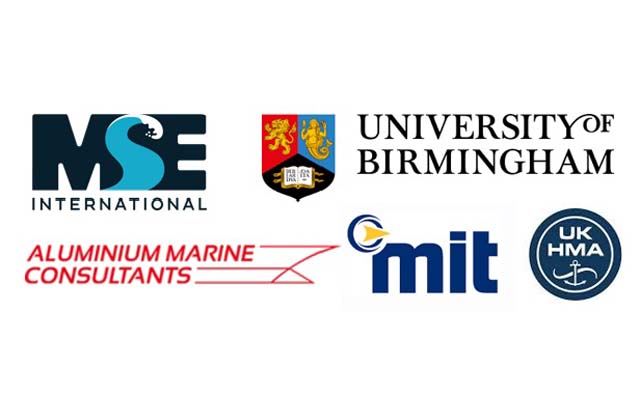UK maritime consortium MSE International, in collaboration with four other organisations, has been successful in attracting Clean Maritime Demonstration Competition (CMDC) Round 4 funding from Innovate UK to build a prototype parallel hybrid drive that incorporates supercapacitor storage.
The HyCap Drive will differ significantly from traditional marine hybrid drive configurations that typically use lithium-ion batteries as the source of electrical power. The project will demonstrate that the hybrid drive system can produce a very high peak-power from a relatively small supercapacitor. Compared to lithium-ion batteries, the HyCap Drive system will offer reduced fire hazards, lower costs and a longer service life. The project aims to demonstrate the suitability of the system for retrofitting (due to its low weight and compactness) which will be attractive for decarbonising existing diesel-powered vessels such as port vessels, windfarm support vessels, and fishing vessels.
The partners in the HyCap project include the University of Birmingham’s Centre for Railway, who will build and test a prototype unit comprising an existing parallel hybrid gearbox and electric motor, coupled with an assembly of supercapacitor modules and associated DC-DC converter and variable frequency drive. This will be tested in a laboratory rig with a full suite of monitoring and logging facilities. MIT (Marine and Industrial Transmissions) will supply the hybrid gearbox and assist the University in the assembly and running of the prototype.
Commercial workboat builder Aluminium Marine Consultants will provide the use-case data and technical support for the impact assessment and will assist in the planning of a future demonstration phase. The UK Harbour Masters Association is an unfunded partner in the project which will act as a conduit between the project and its members, who are mainly commercial workboat vessel operators offering insights and commercialisation input.
The project is led by MSE International, which will develop a commercialisation plan with initial engineering and cost analyses to quantify the savings of HyCap Drive against conventional hybrid drives and an assessment of fuel savings compared with a traditional diesel drive, under different use-cases. In addition, the commercialisation plan will identify potential early adopters, possible routes to market and the scale-up potential of the HyCap Drive system.
Dr Jonathan Williams, CEO MSE International said: “The pace of decarbonisation of the UK fleet needs to accelerate if we are to meet our targets. The HyCap Drive project will help to achieve this by offering a hybrid solution that avoids the through life costs and fire risks associated with lithium batteries.”



